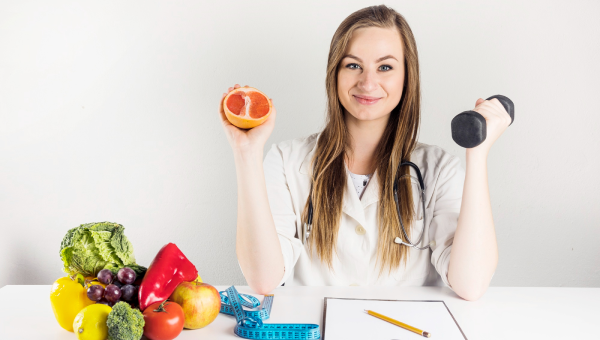Eating for Next-Level Fitness: 6 Tips from a Sports Dietitian Eating for Next-Level Fitness: 6 Tips from a Sports Dietitian
Oct 06, 2022
We partnered with Brett Singer, a registered sports dietitian with Memorial Hermann IRONMAN Sports Medicine Institute, to offer helpful ways you can eat to achieve optimal health, fitness, and athletic performance. So start here, come back for more, and follow our group all month long to join the conversation!
For early morning workouts, or after a tiring day of work, it’s not uncommon for men to turn to coffee, energy drinks, or a caffeine-containing pre-workout supplement. Caffeine has been linked to improved endurance, strength, power, muscular endurance, and more. But you may not need as much as you think. Relatively low doses of only 2 to 3 milligrams of caffeine per 1 kilogram of body weight can be used for a performance benefit. This is an amount you would likely find in 1 to 2 cups of coffee. Doses beyond this are unlikely to provide any further benefit, and may even hinder performance.
Leafy greens such as spinach, arugula, lettuce, as well as other vegetables, such as beets, have been linked to reduced blood pressure. This is in part, due to their nitrate content, which is eventually reduced to nitric oxide in the body. Nitric oxide acts as a vasodilator, allowing blood to flow more easily through the vessels so the heart doesn’t have to pump as hard. In addition to reduced blood pressure, nitrate-rich foods have been linked to improved performance in high intensity exercise







